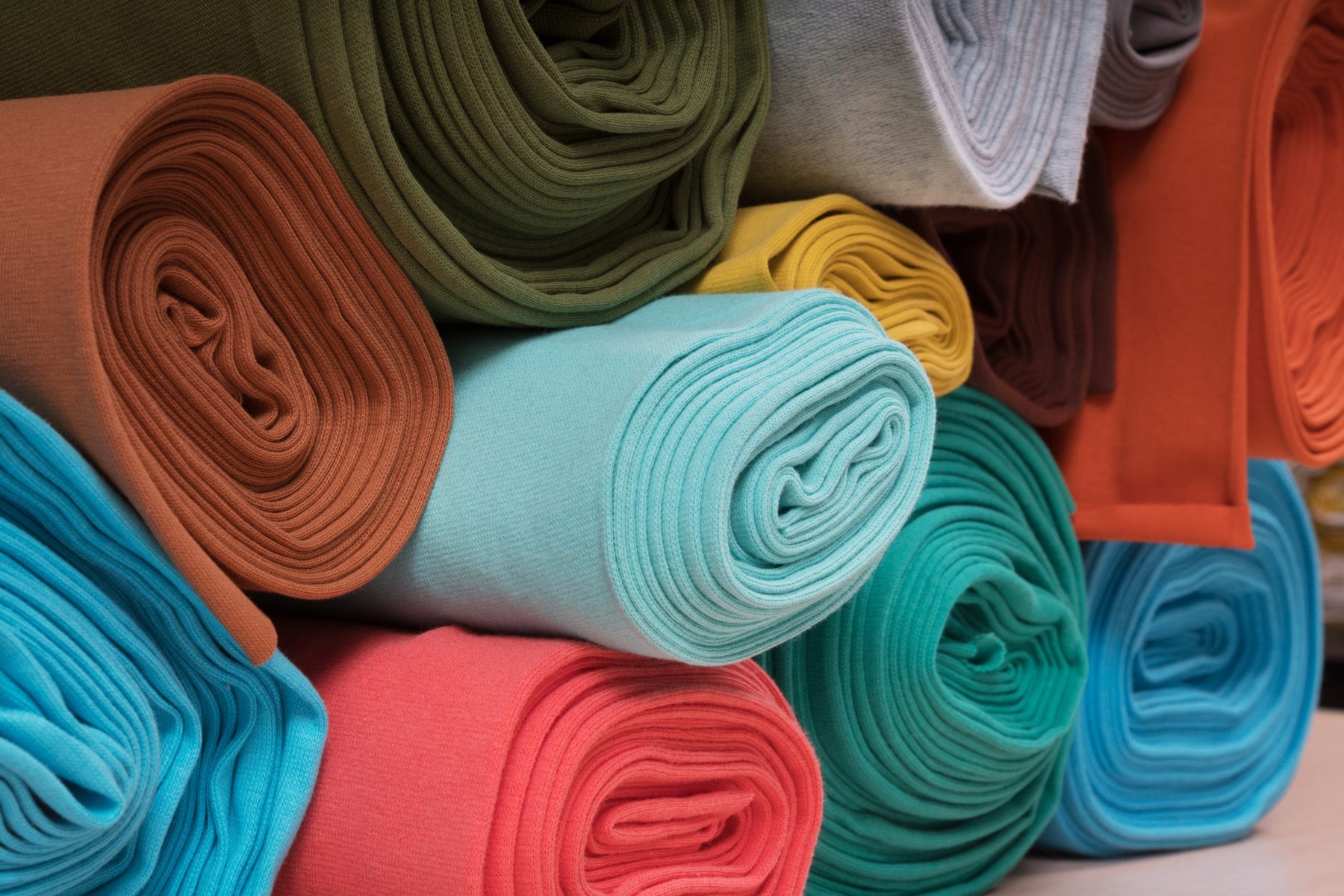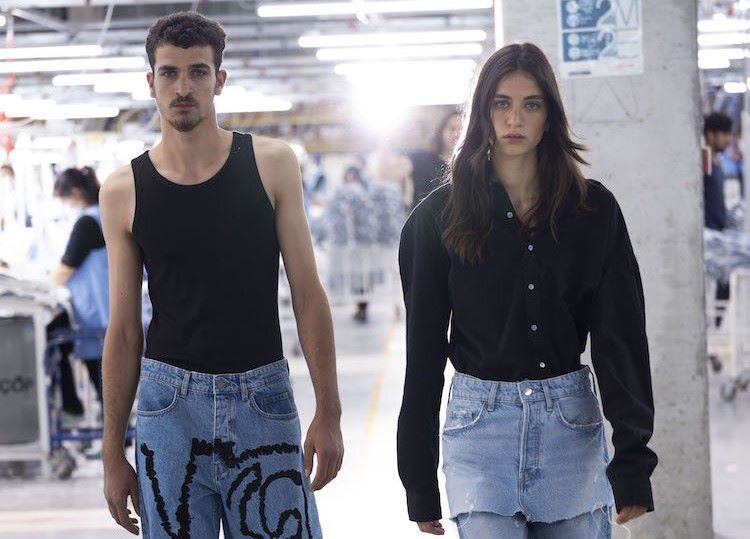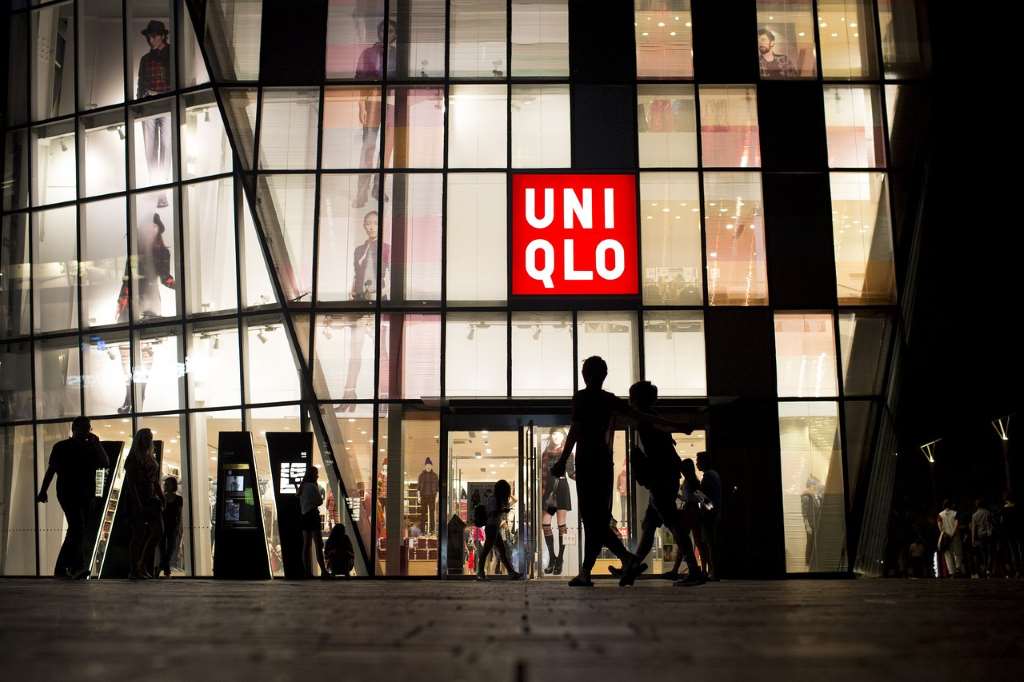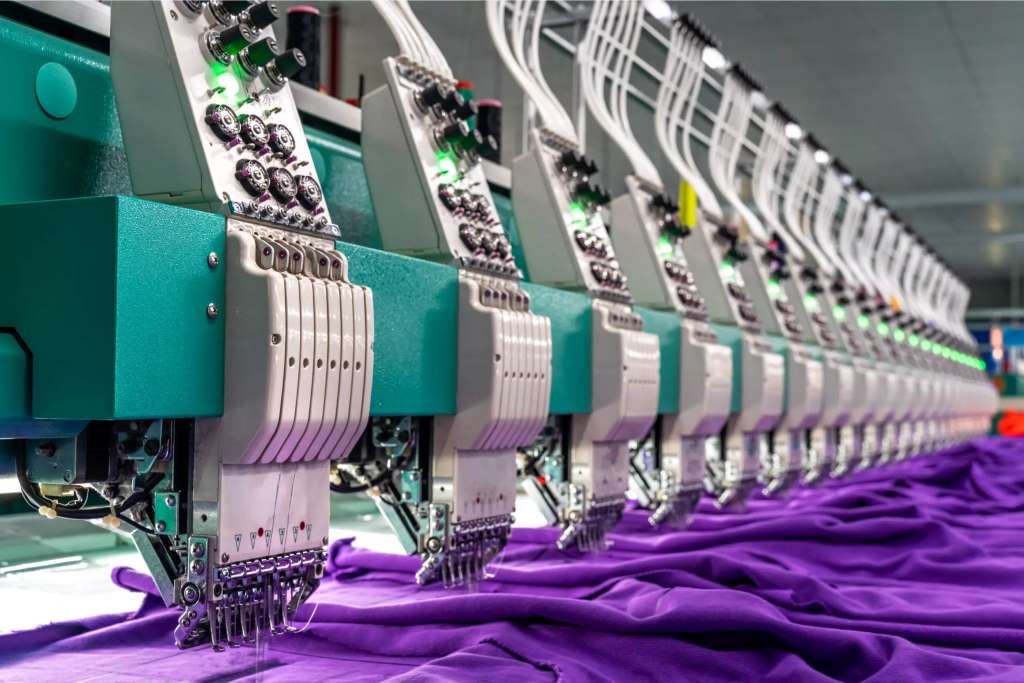
The pandemic has fuelled US consumers’ love for pre-owned fashion. A report by resale clothing website ThredUp, shows, in 2020, the pandemic year, around thirty-three million consumers in the country bought secondhand apparel for the first time. Around 76 per cent of these first-time buyers plan to increase their spending on secondhand clothing in the next five years. The secondhand apparel market in the US is projected to double to $77 billion in the next five years. Analytics company GlobalData, also pegs the growth of clothing resale market to be 11 times faster than the broader retail clothing sector through 2025. Mapped by online resale pioneer eBay, Tirath Kamdar, General Manager-Luxury, opines, growth has accelerated as more consumers are becoming eco-conscious. It is also being driven by the increase in luxury shoppers, he adds.
Thrift modernization boosts resale market
Consumers’ attitudes towards secondhand shopping are changing swiftly, adds Erin Wallace, Vice President- Integrated Marketing, ThredUp. This is attributed to the rise of online resale and the associated modernization of thrift. Also, lack of stigma attached to thrift shopping by the younger generation further fuels this transformation, he adds.
Sarah Davis, Founder, CCO, and President, Fashionphile, asserts, as against earlier, buying resale has now become a bragging right. With the resale market heating up, battle for buyers and sellers is also ensuing. Alongwith markplaces like Poshmark, eBay and consignment sites like the RealReal, global fashion brands brands Levi’s and Coach have also joined the race to grab a share of the online resale market.
In March, consignment site Vestaire Collective bought Tradesy for an undisclosed sum. Etsy purchased its competitor Depop in 2021 for $1.6 billion. Poshmark plans to venture into international markets including Canada, Australia, and India as part of its growth strategy while ebay is adding new features to attract buyers and sellers:
Online resellers plan physical expansion
Meanwhile, online resellers are also setting up brick-and-mortar presence to boost sales. Fashionphile has set up 10 store-in-stores with Neiman Marcus to sell luxury items directly to customers. ThredUp, is offering its Resale-as-a-Service (RaaS) to Walmart, Adidas, Target etc, to engage in resale on their own sites.
Owned by URBN, the parent to Urban Outfitters, Nuuly, is helping customers extend the lifestyle of their garments, adds Kim Gallagher, Director - Marketing and Customer Success.
Resale brands struggle with dwindling bottomline
Having ignored fashion resale initially, many brands are digging their heels into it. An example is accessories brand Dagne Dover, which launched its resale website Almost Vintage in mid-2021. Though currently a small part of its overall business, the platform looks to soon onboard bigger brands, says Deepa Gandhi, Co-Founder and COO. It also plans to become an unofficial requirement for brands ESG, she claims.
However, despite a growing number of companies foraying into this space, it is becoming extremely difficult for companies to scale up resale businesses. RealReal registered a $236 net loss in 2021. The company does not hope to make profits till 2024. ThredUp also reported a net loss of $63.2 million just as Poshmark which showed a loss in recent quarter. To be successful in the long run, these companies will need to formulate a strong differentiation strategy, asserts Tim Ceci, Principal Consultant-Retail and Consumer, Point B.












